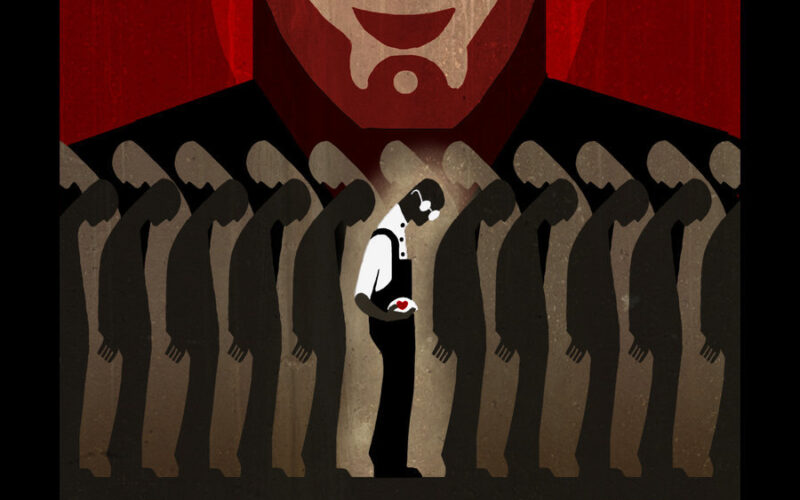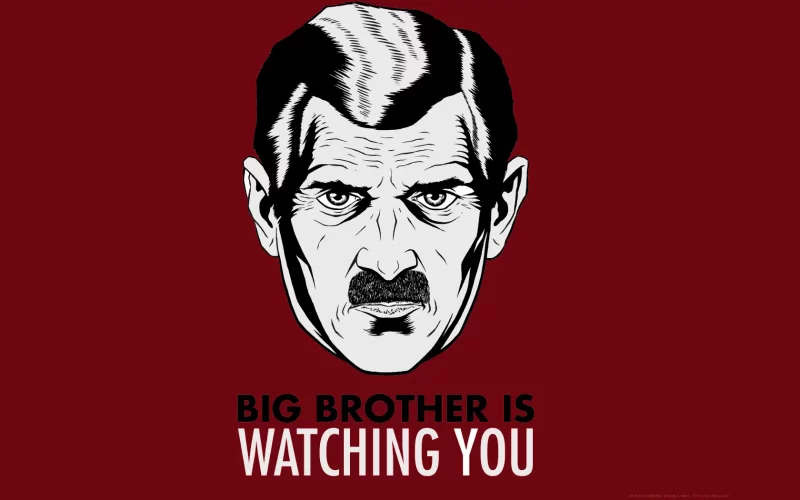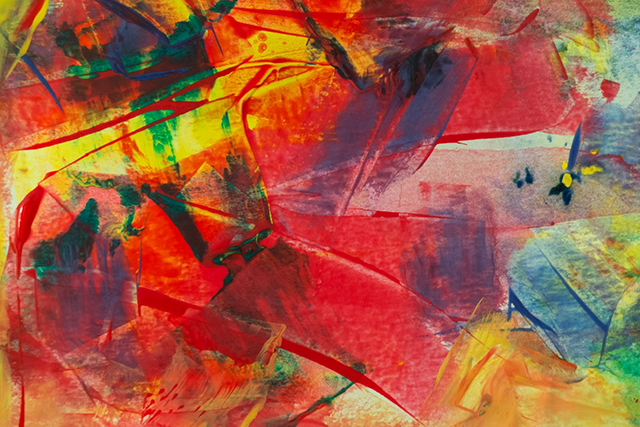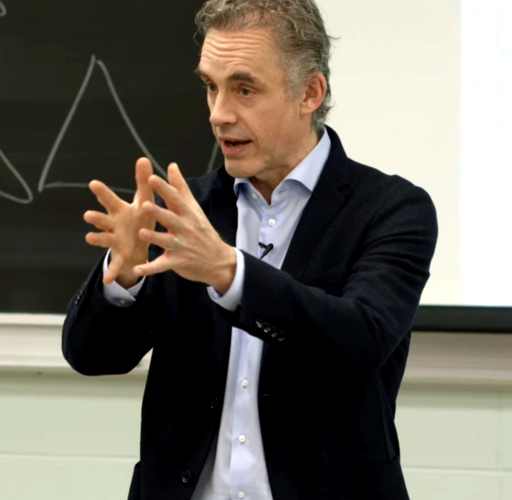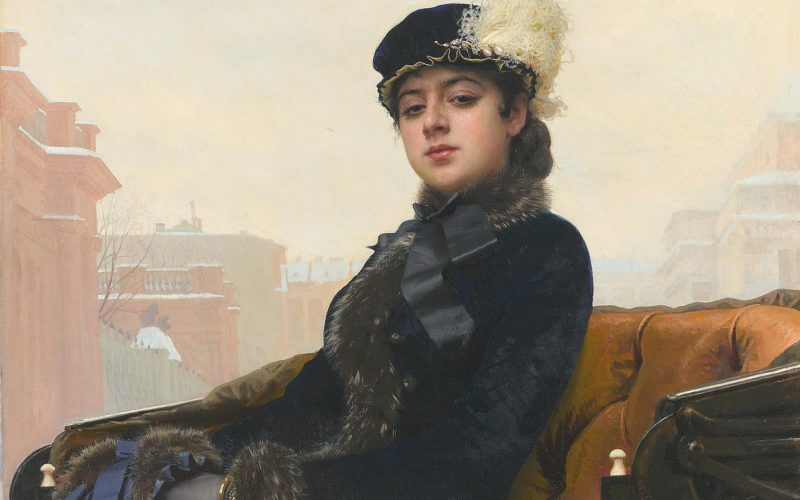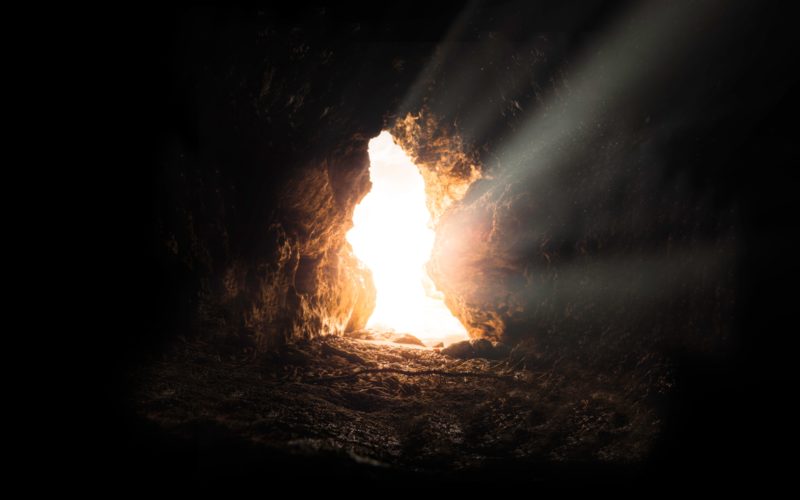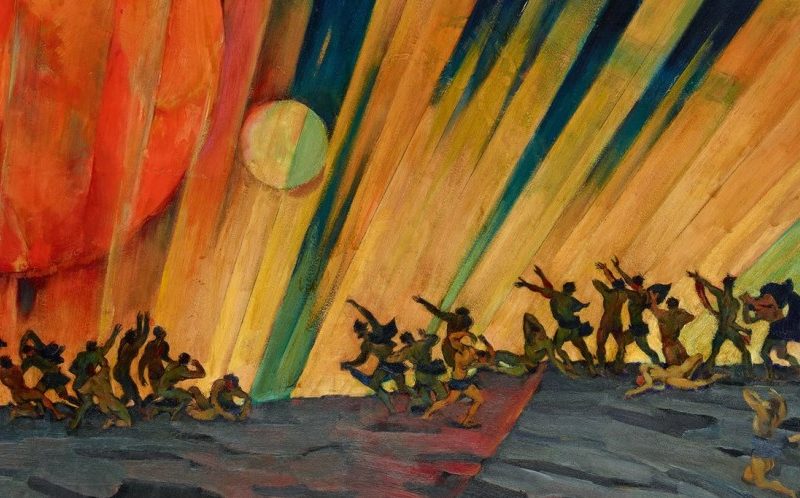Within The Brothers Karamazov is a chapter so powerful, vivid, and shocking that it has since impacted the course of Western Civilization. The Grand Inquisitor declares that Jesus Christ has actually acted cruelly towards man for giving him free will, when he knows so many are too weak to follow Christ. Is that true? Does God expect too much from mere mortals? Are his rules, precepts and teachings simply too hard? Or are Christ’s commandments actually the gateway to a relationship with God? Perhaps even the road to virtue, even the destination of peace, patience, kindness, goodness, faithfulness, gentleness and self-control is about the journey rather than the destination.

